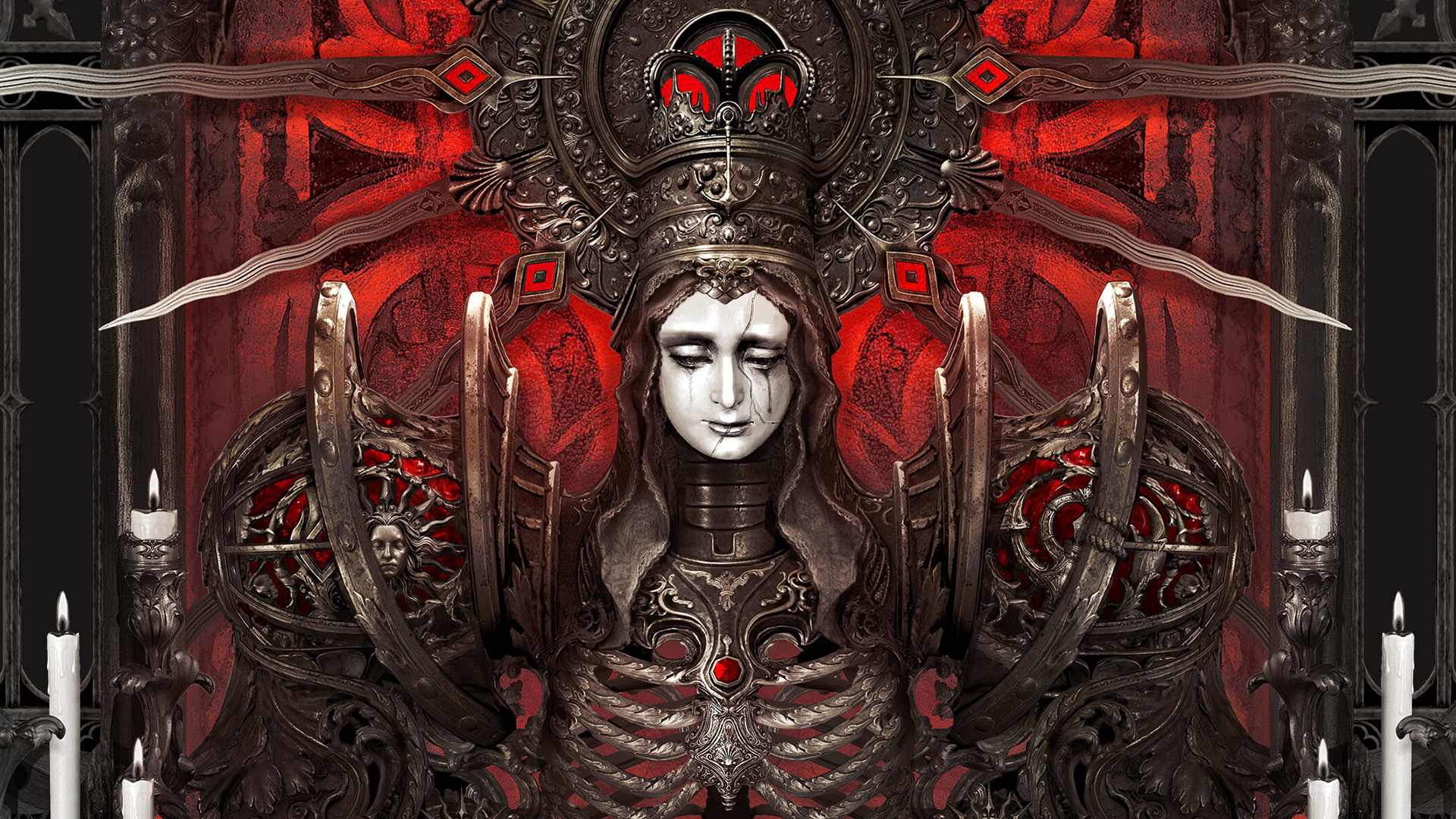I've seen enough: Marvel Zombies proves the MCU should follow DC's lead on animation
OPINION: It's time for Marvel animation to look to DC and start adapting classic comics
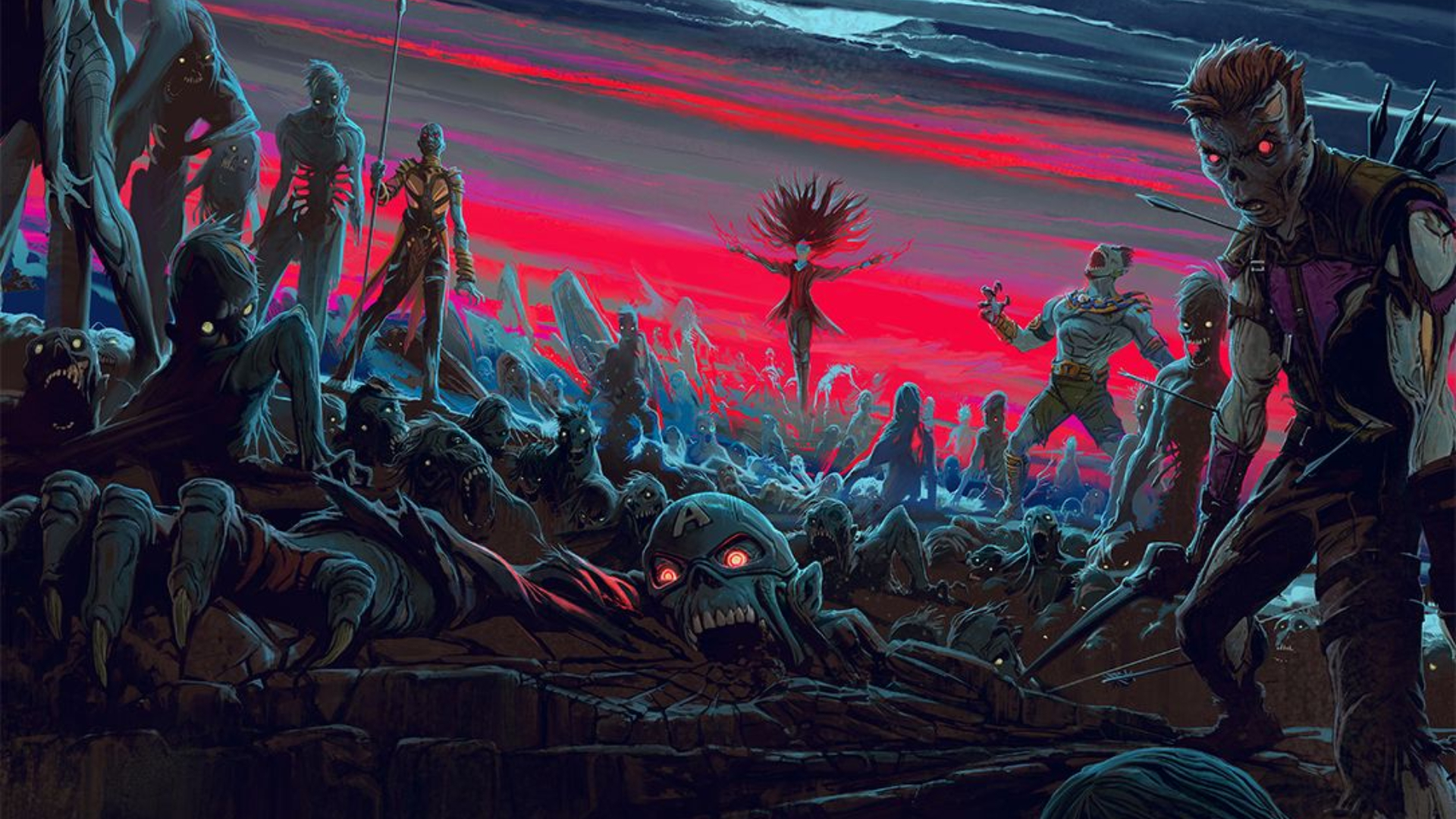
Weekly digests, tales from the communities you love, and more
You are now subscribed
Your newsletter sign-up was successful
Want to add more newsletters?

Every Friday
GamesRadar+
Your weekly update on everything you could ever want to know about the games you already love, games we know you're going to love in the near future, and tales from the communities that surround them.

Every Thursday
GTA 6 O'clock
Our special GTA 6 newsletter, with breaking news, insider info, and rumor analysis from the award-winning GTA 6 O'clock experts.

Every Friday
Knowledge
From the creators of Edge: A weekly videogame industry newsletter with analysis from expert writers, guidance from professionals, and insight into what's on the horizon.

Every Thursday
The Setup
Hardware nerds unite, sign up to our free tech newsletter for a weekly digest of the hottest new tech, the latest gadgets on the test bench, and much more.

Every Wednesday
Switch 2 Spotlight
Sign up to our new Switch 2 newsletter, where we bring you the latest talking points on Nintendo's new console each week, bring you up to date on the news, and recommend what games to play.

Every Saturday
The Watchlist
Subscribe for a weekly digest of the movie and TV news that matters, direct to your inbox. From first-look trailers, interviews, reviews and explainers, we've got you covered.

Once a month
SFX
Get sneak previews, exclusive competitions and details of special events each month!
With Marvel Zombies out on Disney+, hot on the heels of Eyes of Wakanda, one thing is clear: Marvel’s animation output, at least the way it’s rolling out right now, isn’t working. And if Marvel wants it to start working, one clear place they could look for inspiration isn’t to the MCU, which is dealing with its own problems… It’s to DC’s animated output, instead.
This isn’t necessarily a knock on quality. Eyes of Wakanda had some interesting ideas, beautiful animation, and great voice acting. Marvel Zombies is a belated but fun continuation of the What If…? Season 1 episode, with some truly gross zombie moments and a dark ending that doesn’t hold back from the disturbing depths of the genre.
But overall, Marvel Studios’ animated output has been sporadic, at best. Other than three seasons of What If…?, there’s just not much that has come out from the studio on any sort of consistent basis. The first season of X-Men ‘97 thrilled fans back in 2024, but as of now, the release date for a second season is TBA (not to mention the behind-the-scenes turmoil caused by the firing of showrunner Beau DeMayo). Your Friendly Neighborhood Spider-Man was also well-received earlier this year, and is also TBA on when the second season will premiere (though likely some time in 2026, and a third season has been picked up, as well).
While anticipation was high for Marvel Zombies when it was announced in 2019, and Eyes of Wakanda in 2021, both turned out to be four-episode series, released in one day, after hopping around the schedule multiple times. We won’t get too in the weeds here about binge drops versus weekly releases, but announcing three different release dates in the span of a few weeks for Eyes of Wakanda, and then shunting Marvel Zombies from a spooky October date to late September doesn’t exactly suggest Disney/Marvel were confident in either series.
Out of sight
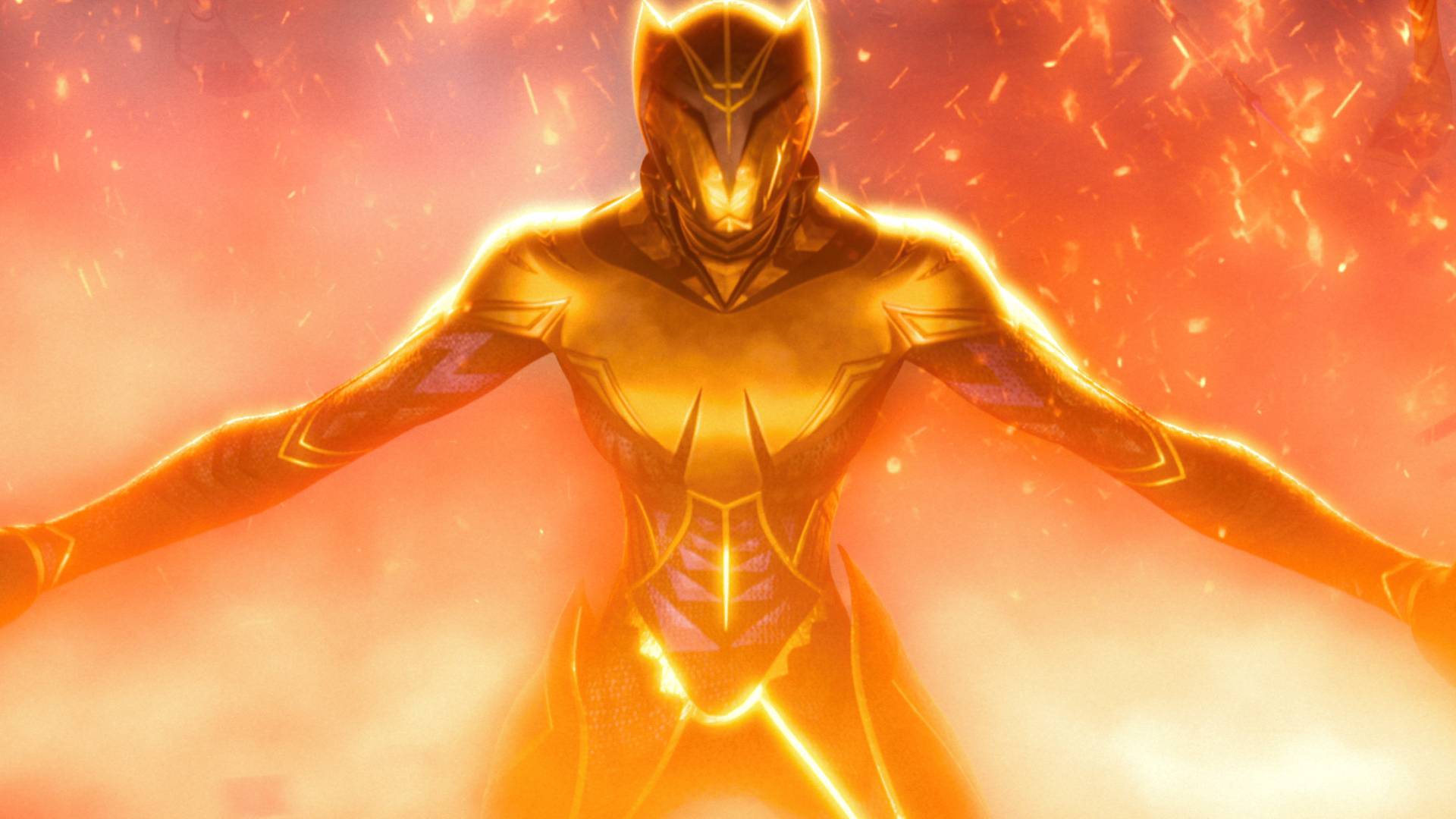
There’s likely a good reason for this: the shows aren’t being viewed that much. Disney Plus generally doesn’t share streaming numbers for its shows unless they do really well, by whatever standards they’re judging them on. And none of the Marvel animated series, even the breakthrough hit X-Men ‘97, have popped up on Nielsen’s Top 10, which ranks shows independent of Disney’s self-reported “numbers.” Point being, though we don’t know by what standard Disney considers a show a success, we do know that exactly zero of the animated shows put out by Marvel Studios Animation have been a runaway success in terms of TV viewership.
So what’s a studio to do? They could keep plugging away, the way they have been, but it clearly isn’t working in a sustainable way to hold on to viewers, or to help spur excitement about the animated output. But rather than looking at them as failures, there’s a glimmer of hope in Marvel Zombies and Eyes of Wakanda. Both were, laudably, episodic TV shows that leaned into the format, telling an overarching story while also giving us clear, 30ish-minute stories. But even as they did lean into a four-act structure, there’s an argument to be made that they might have been more successful and less confusing in terms of roll-out as direct-to-Blu-Ray/streaming animated movies.
Disc world
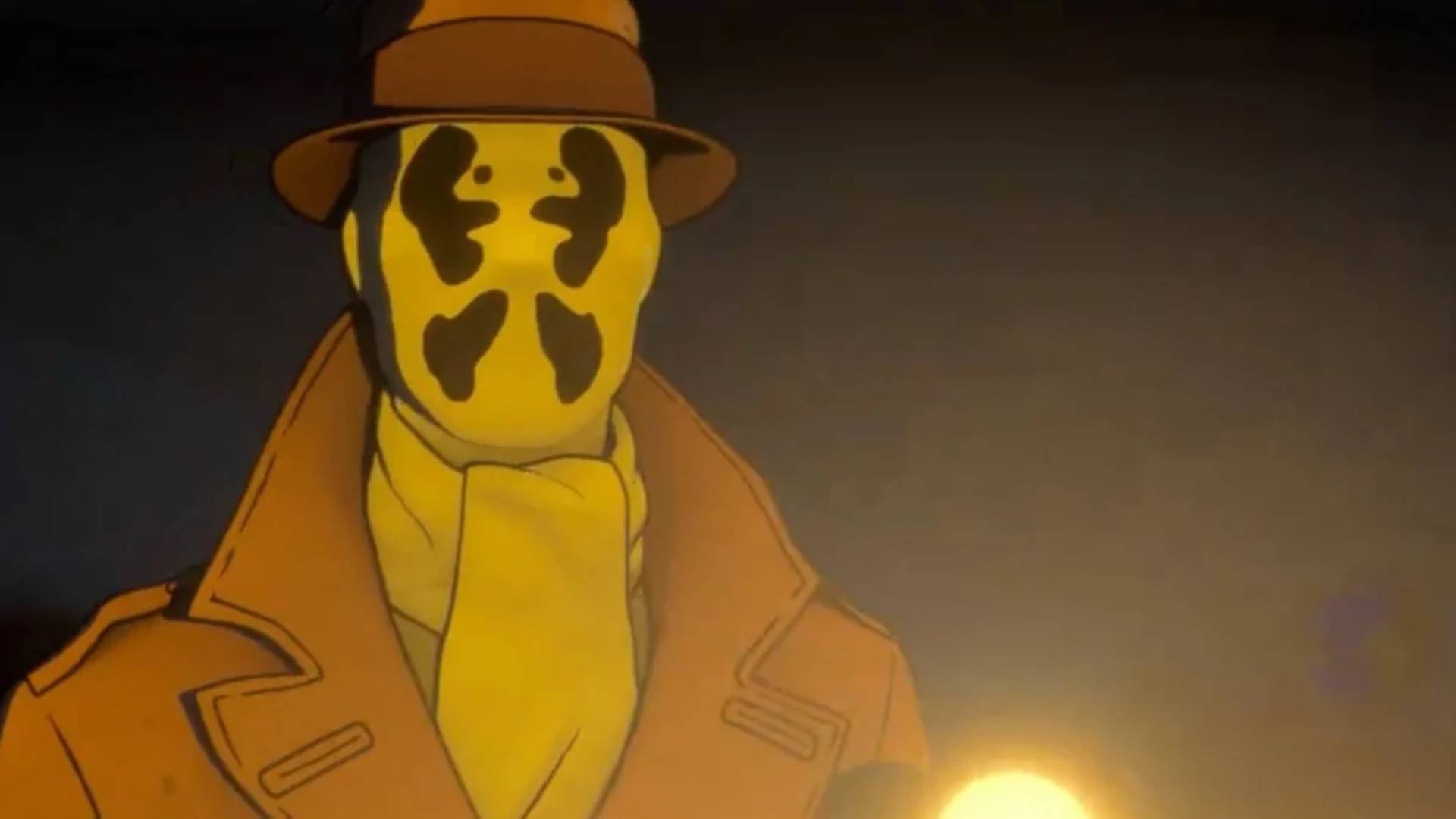
To be clear, Marvel has done this before. From 2006 to 2011, eight direct-to-home-video movies were released, including titles like Ultimate Avengers, Planet Hulk, and Next Avengers: Heroes of Tomorrow. The mostly PG-13 movies had a mixed critical response but generally did well enough financially – the final movie, Thor: Tales of Asgard, was the lowest-grossing at a reported $3.1 million. But you can probably intuit what happened with the program: 2008 led to the rise of the MCU, and other film properties fell by the wayside.
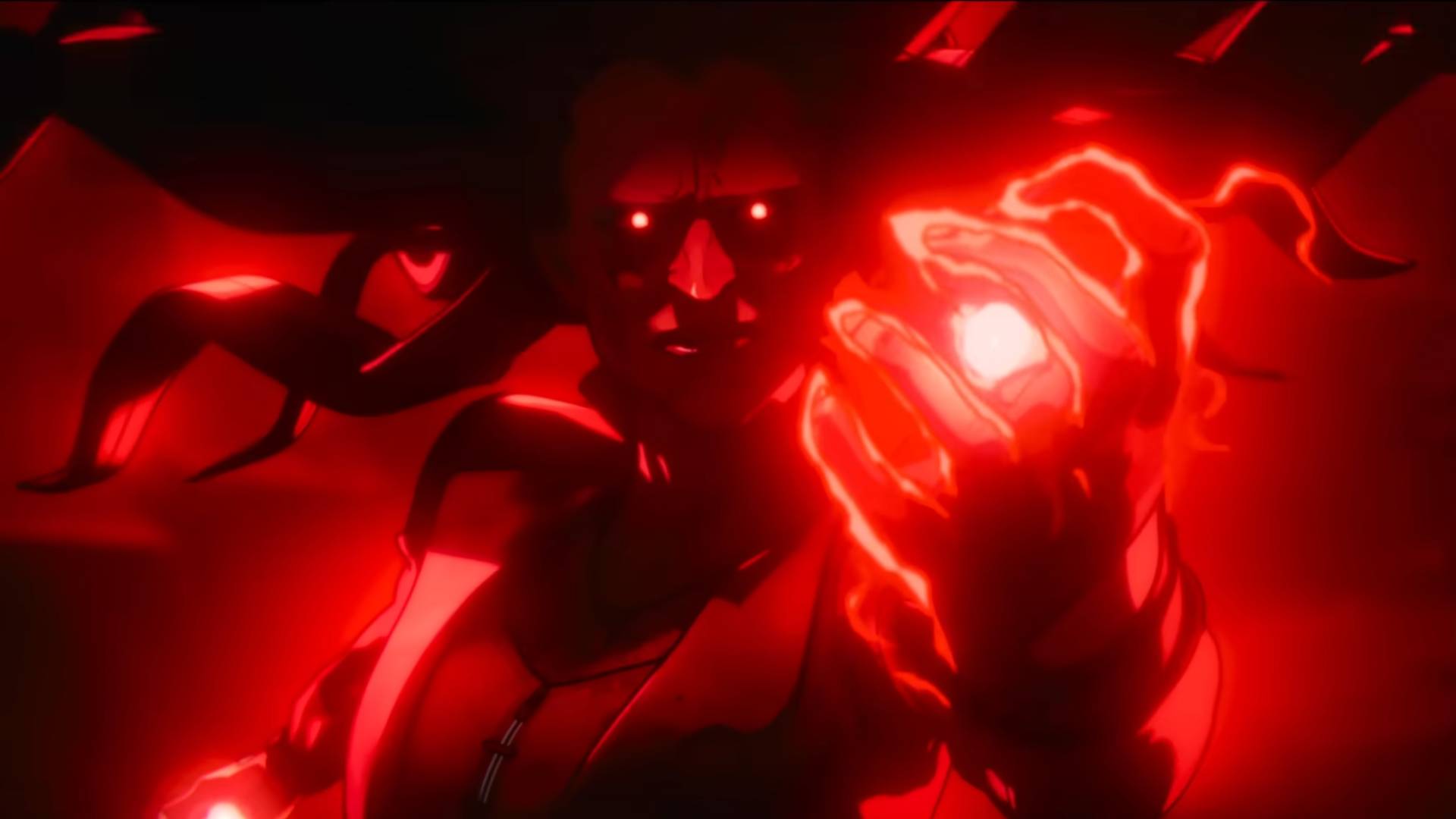
Contrast that with DC’s animated direct-to-home video program, which has been thriving for nearly two decades. While DC and Warner Bros. have a healthy TV series animated slate as well, they’ve cultivated a healthy fanbase for their movies. Some of those have been originals, like the recently released Aztec Batman: Clash of Empires. But far more have been direct or loose adaptations of some of the greatest DC Comics storylines of all time, like Watchmen, Batman: The Long Halloween, Dark Knight Returns, and many, many more.
What works about these DC features is two things: one is the regularity of their release, and the other is the low-key nature of the films themselves. On the former, since 2007, there have been three animated movies released a year from the division, and starting in 2019, that has increased to four a year. On the back end, that allows multiple projects to be in the air at the same time. And not to get all corporate, but for viewers, it keeps the product rolling out with regularity, versus one season of a TV series every few years. Even if you’re not interested in one of the movies, there’s another one on the way a few months later.
But it’s the latter point that is arguably more important to the future of Marvel Studios Animation. Sure, there are hyped up releases from DC such as the three-part (and generally maligned) Crisis on Infinite Earths adaptation. But for the most part, there’s a relaxed nature to the release of these movies that takes a bit of the pressure off each one individually. They’re the sort of movies you casually flip on, on a Friday night, rather than appointment viewing. Contrast that with Eyes of Wakanda or Marvel Zombies, which are framed as appointment viewing, but keep changing the appointment date. It’s discouraging, rather than encouraging.
Keep it classic
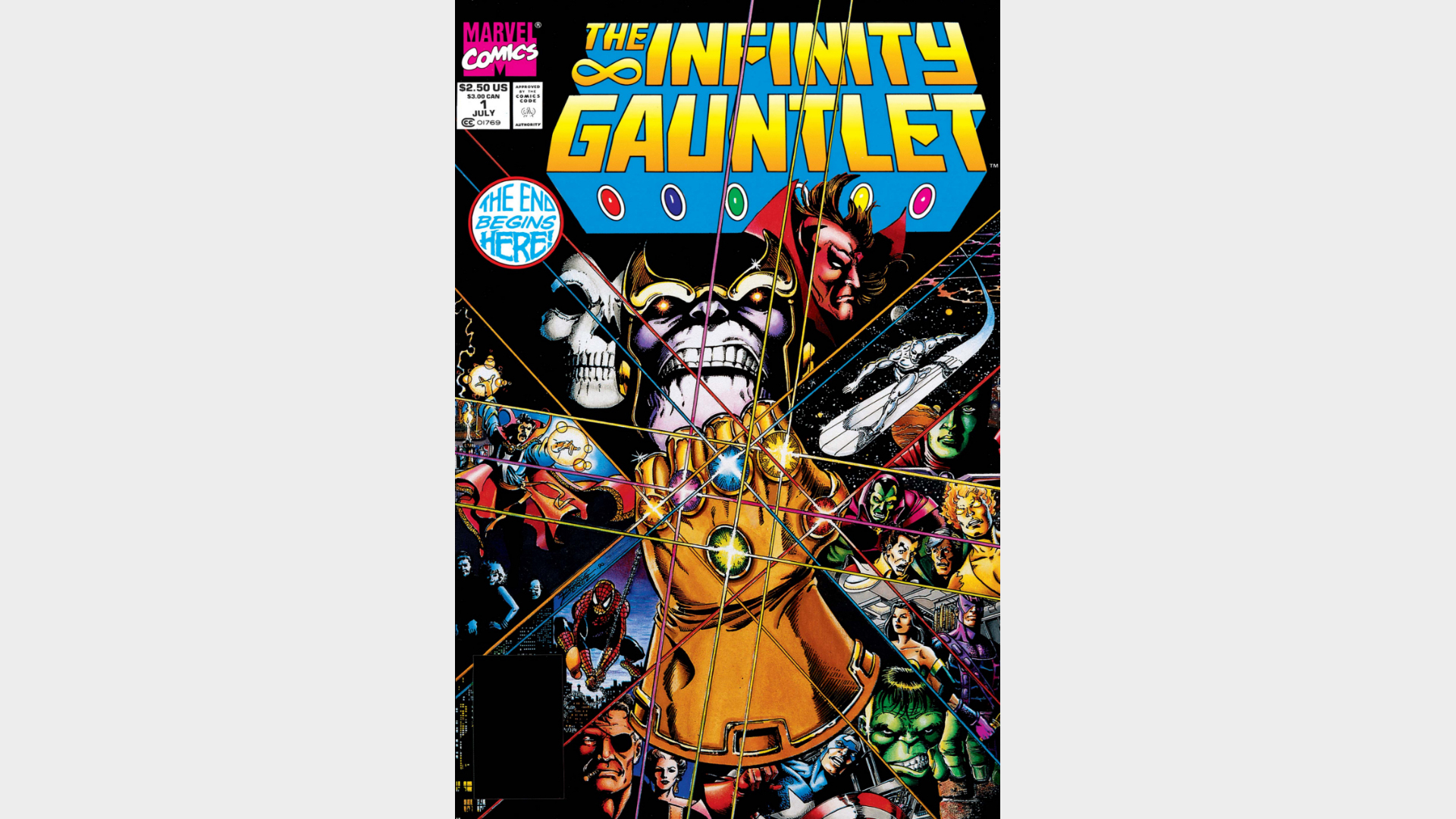
There’s an opportunity here to realign the way Marvel is dealing with its animated output based on the fact that the strategy, and the whole of the MCU, isn’t really working right now. Yes, having one big connected story worked for 15 years. But now, nobody is going to mind if Marvel keeps plugging away at the live-action movies, while aping what DC has been doing on the animated side. Specifically, just like DC, there are innumerable classic Marvel Comics storylines that would be great for an adaptation – and weren’t burned off during the earlier, Lionsgate era of direct-to-DVD movies.
How about an adaptation of the Spider-Man story, Kraven’s Last Hunt? Or an Iron Man Demon in a Bottle animated movie? Heck, you could even do a more direct adaptation of Infinity Gauntlet, or the Winter Soldier storyline from Captain America and get those MCU lookie-loos, while having an entirely different story than that seen in the live-action movies. And in between those, you could also have more original stories like Marvel Zombies and Eyes of Wakanda, with the pressure taken off. With this sort of plan, rather than dropping four episodes of Eyes of Wakanda every few years, Marvel's animated output could benefit from a more regular TV release schedule.
So, how about it, Marvel: let’s get back to the era of animated movies, versus struggling to release animated shows. Your fans and your animators will thank you. Oh, and please announce the release date for X-Men ‘97 Season 2 while you’re at it.
Marvel Zombies is streaming now on Disney Plus. For more, check out our Marvel Zombies review, or if you've seen the streaming series, dive into our Marvel Zombies ending explained.

Alex Zalben has previously written for MTV News, TV Guide, Decider, and more. He's the co-host and producer of the long-running Comic Book Club podcast, and the writer of Thor and the Warrior Four, an all-ages comic book series for Marvel.
You must confirm your public display name before commenting
Please logout and then login again, you will then be prompted to enter your display name.
